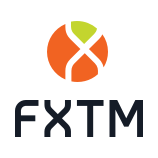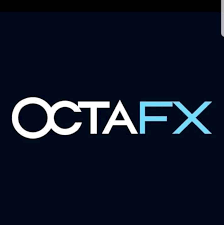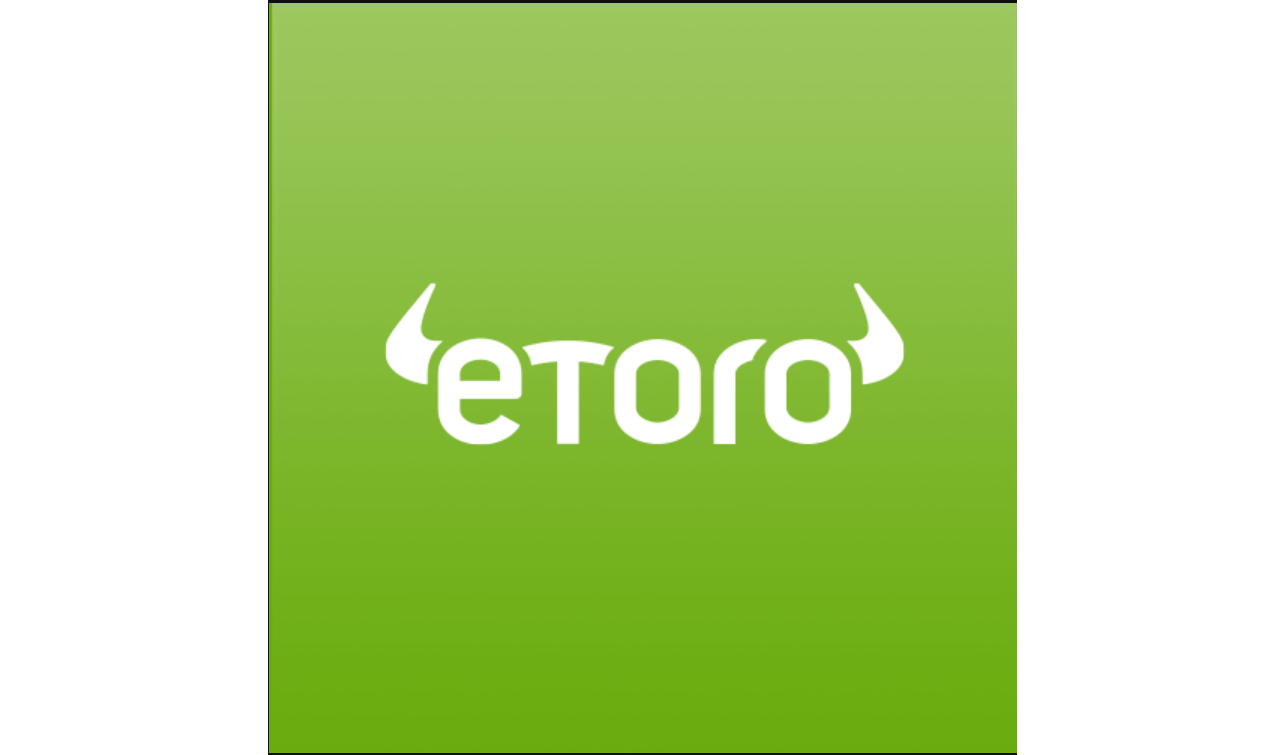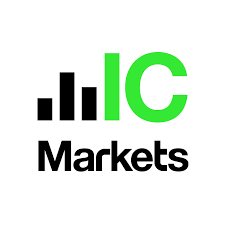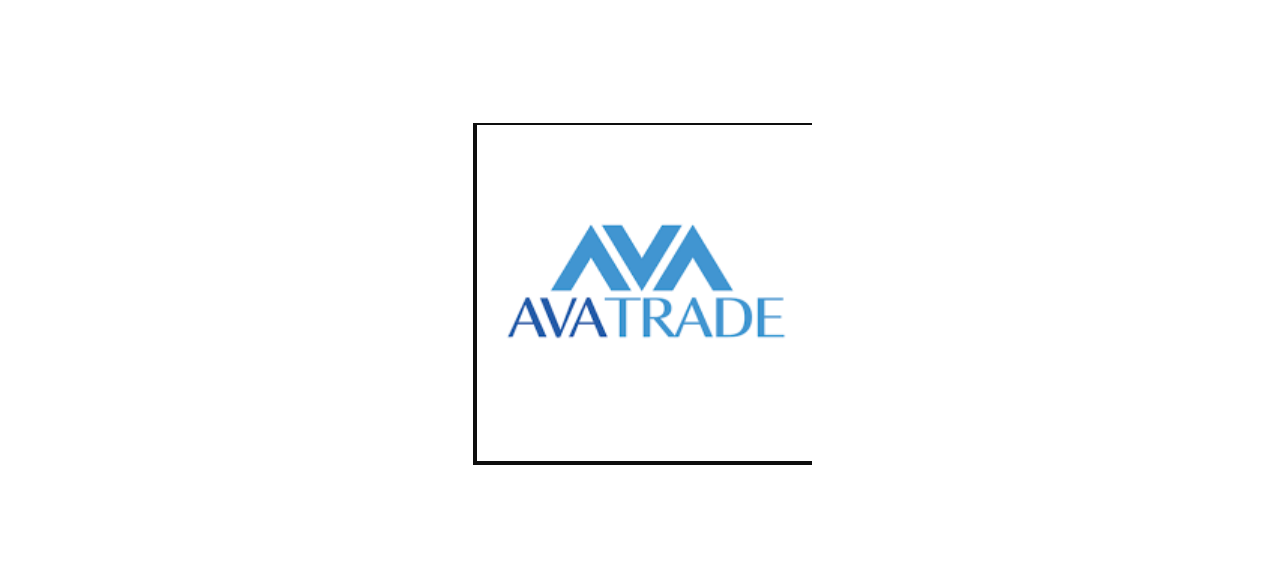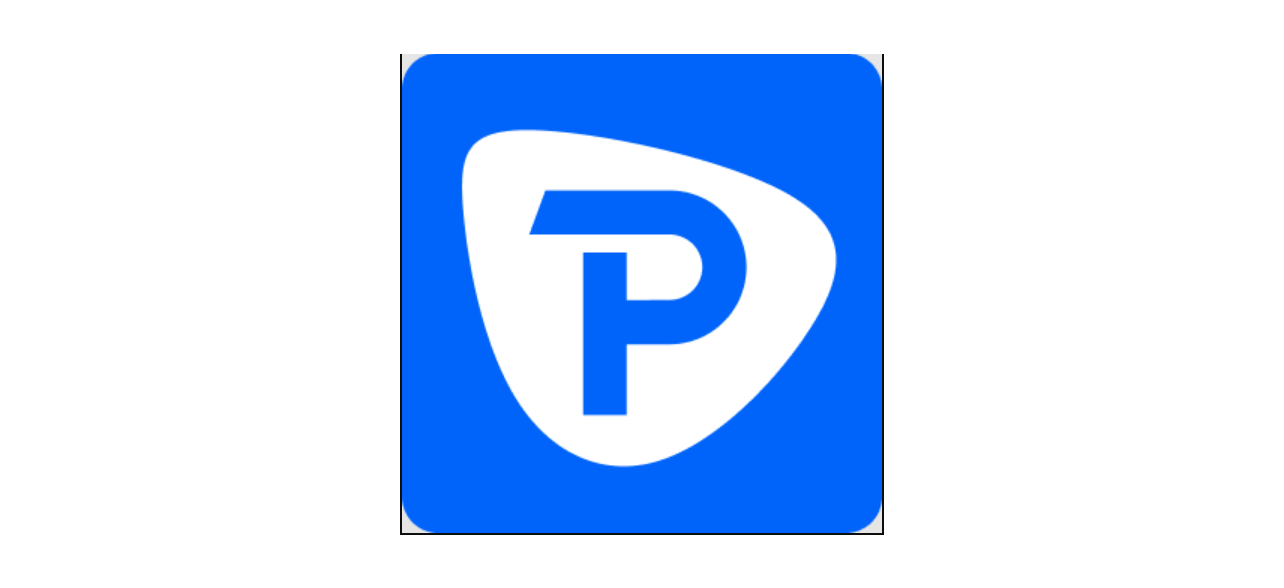Before trading forex or CFD instruments, traders from the Philippines should be aware that forex and CFD trading is not legal in the Philippines. The Securities and Exchange Commission (SEC) of the Philippines does not regulate such brokers and traders use such services at their own risk.
If a trader from the Philippines wants to trade CFD instruments, they can do so by registering with a foreign broker. Before signing up, they need to make sure that the broker is reputable and safe to trade through. This can be done by checking the licenses held by the broker. Usually, a broker needs to be regulated by at least one tier-1 financial authority such as the FCA of the UK or the ASIC of Australia.
In this review, we’ll discuss 6 foreign forex and CFD brokers that offer their services in the Philippines at the lowest cost.
Comparison of Lowest Spread Brokers in the Philippines
| Broker | Tier-1 regulation | EUR/USD Spread (Pips) | Trading Platforms | Visit |
|---|---|---|---|---|
| FXTM | FCA |
1.9 pips
|
FXTM Trader
|
Visit Broker |
| OctaFX | None |
0.9
|
MetaTrader 4 and MetaTrader 5
|
Visit Broker |
| eToro | FCA, ASIC |
0.9 pips
|
eToro App
|
Visit Broker |
| IC Markets | FCA, ASIC |
0.6 pips
|
MT4, MT5, cTrader
|
Visit Broker |
| AvaTrade | ASIC |
0.9 pips
|
MT4, MT5, AvaTradeGo, AvaTrade Options, Web Trader
|
Visit Broker |
| Peppersone | FCA, ASIC |
0.7 pips
|
MT4, MT5, TradingView, cTrader
|
Visit Broker |
Note: The spread and regulation are as per information on these brokers’ websites in January 2023.
Best Lowest Spread Forex Brokers in the Philippines
Here are 2023’s Lowest Spread Brokers offering services in the Philippines that we have reviewed:
- FXTM – Overall Lowest Cost Broker
- OctaFX – Best MT4 Broker
- eToro – Best Social Trading Broker
- IC Markets – Best STP Broker
- AvaTrade – Best for Beginners
- Pepperstone – Best Trading Platforms
#1 FXTM – Overall Lowest Cost Broker
FXTM is regulated by the tier-1 regulatory authority FCA of the UK and the tier-2 regulatory authority CySEC of Cyprus. Any traders from the Philippines are registered under the FSC of the Belize. Overall, they are trusted because of their top-tier licenses.
FXTM Pros
- Ultra-low spreads starting from 0 pips (with commission of $4 per trade per lot).
- Minimum deposit of only $5 (PHP 290).
- Social trading option available.
- They offer great customer support through live chat, email, and phone call.
- They provide well-researched educational tools.
- The account opening process is easy and quick.
FXTM Cons
- They charge an inactivity fee and a withdrawal fee (through certain withdrawal methods).
- They do not offer a wide range of trading instruments.
- The minimum deposit for their Advantage account is quite high.
#2 OctaFX – Low Cost Trading App
Even though OctaFX is not regulated by any tier-2 regulatory authorities, they are considered to be safe due to their strong track record and reputation catering to global clients. They are regulated by the tier-2 financial regulator CySEC of Cyprus. Further, traders from the Philippines are registered under the FSA of St. Vincent.
OctaFX Pros
- They charge low spreads without charging a commission.
- They offer MetaTrader 4 as a trading platform which is the most popular trading platform.
- Their minimum deposit of $10 (PHP 600) is quite low.
- They offer copy trading services.
- OctaFX offers cryptocurrencies as trading instruments
OctaFX Cons
- They do not offer stock CFDs as trading instruments. Other brokers usually offer more than 1000 stock CFDs.
- Their commodity CFDs range is quite limited as well.
- OctaFX is not regulated by any top-tier financial authority.
#3 eToro – Best for Social Trading
eToro is a highly safe broker that is regulated by the FCA of the UK and the ASIC of Australia, which are both tier-1 financial authorities. Further, it is also regulated by the CySEC of Cyprus which is a tier – 2 regulator. Overall, we consider them safe for traders from the Philippines.
eToro Pros
- They are the best social trading platform with an intuitive and easy-to-use social trading mobile app.
- They charge low fees for social trading.
- Their trading services can be commission-free depending on type of account held by the trader.
- Traders offering copy trading services can earn a commission of 2%.
- Their trading app is available on both Android and iOS.
eToro Cons
- eToro does not offer the commonly used MetaTrader 4 trading app.
- They require a high minimum deposit of PHP 12,000.
#4 IC Markets – Best STP Broker
IC Markets is regulated by both tier-1 financial authorities which are the ASIC of Australia and the FCA of the UK (temporary license). Further, any traders from the Philippines are registered under the FSA of the Seychelles. Overall, we consider them to be safe.
IC Markets Pros
- Their maximum leverage is 1:500 which can be used to maximize profits (however, the risk is higher).
- Traders have the option of paying extremely tight spreads (starting at 0 pips) but with a commission.
- Traders can choose between MetaTrader 4, MetaTrader 5, and cTrader platforms.
- Their customer support is quite good and helpful.
- They offer a wide variety of trading instruments.
IC Markets Cons
- Their proprietary trading app has a few technical issues.
- They do not offer cryptocurrencies as a trading instrument yet.
#5 AvaTrade – Best for Beginners
AvaTrade is regulated by the ASIC of Australia which is a top-tier financial authority, however, they are not regulated by the FCA of the UK. Further, they hold licenses from a variety of regulators such as Japan, Poland, and Ireland.
AvaTrade Pros
- They offer a number of different trading platforms for different purposes.
- They are highly regulated around the world.
- They offer a decent range of trading instruments.
- They have highly responsive and easy-to-contact customer support.
- They offer convenient deposit and withdrawal options.
AvaTrade Cons
- AvaTrade does not offer PHP as a base currency which may lead to a higher cost for traders.
- They only offer their services in Filipino.
#6 Pepperstone – Best Trading Platforms
Pepperstone is a highly regulated broker whose group entities are regulated in both the UK and Australia. Further, they are also regulated by the DFSA of Dubai. Overall, we consider them safe for traders from the Philippines.
Pepperstone Pros
- They offer a very wide variety of trading platforms to choose from.
- They have offices in several financial centers.
- They cater to clients across the globe.
- They do not have any hidden fees.
- They offer a wide variety of trading instruments.
Pepperstone Cons
- Their currency pair selections is quite low.
- They charge high swap fees.
What are spreads in forex trading?
In forex trading, the spread refers to the difference between the bid price and the asking price of a currency pair.
1) Bid price: This is the price at which you can sell your base currency in exchange for the quote currency. It’s essentially the maximum price a buyer is willing to pay for the base currency.
2) Ask price: This is the price at which you can buy the base currency in exchange for the quote currency. It’s the minimum price a seller is willing to accept for the base currency.
The spread represents the broker’s fee for facilitating the trade. It’s usually expressed in pips, which is the smallest price movement for a particular currency pair. For example, a pip in EUR/USD is 0.0001.
Here’s an Example:
-Suppose the EUR/USD exchange rate is quoted at 1.1234/1.1238.
-The bid price is 1.1234 euros per US dollar.
-The ask price is 1.1238 euros per US dollar.
-The spread is 4 pips (1.1238 – 1.1234).
So, for every euro you buy at the ask price, you’re effectively paying 4 pips more than the price at which you could sell it (the bid price). This 4-pip spread represents the broker’s commission for executing the trade.
Here are the common type of spreads in forex trading:
1) Variable spreads: A broker offers variable spreads if they pass on the best bid price at a certain time. The variability depends on the broker and the currency pair(s) or CFDs. Variable spreads are constantly changing and are cheaper when liquidity is high. However, they are subjected to high volatility due to economic news and macroeconomic events.
2) Fixed spreads: Fixed spreads are consistent. Most of the time, they remain unchanged regardless of market conditions. It is easier to plan your trading fees with fixed spreads because they are not constantly changing like variable spreads. It is important to note that fixed spreads can change dramatically during important news events. Other than this, they are constant.
What Should You Consider as a Low Spread?
There is not a specific figure that can be tagged as a low spread. However, there are factors you can consider to help you come to a conclusion. The first factor to consider is the currency pair or pairs you want to trade.
Generally, major currency pairs have lower spreads compared to minor currency pairs. Exotic currency pairs have the highest spreads of all currency pairs.
Another factor you can consider, especially for major currency pairs, is the industry average. For example, the industry average spread for the EUR/USD 1 pip. Therefore, any forex broker that offers a spread below 1 pip for EUR/USD will be considered a low spread broker for EUR/USD.
The only downside with this factor is that it does not apply to all currency pairs. A broker with a spread lower than the industry average for EUR/USD might have a spread higher than the industry average for GBP/USD. This is why you should take time to research the spreads of the brokers you want to choose.
Finally, you should consider the type of spread that your broker offers. It is essential to consider this factor because it helps you take advantage of low spreads and affect your trading time. If your broker offers a fixed spread. There is really nothing you can do than trade at any time.
Variable spreads fluctuate and based on market conditions, they can be high or low. When there is no big news or huge macroeconomic events going on, variable spreads are usually low. This might be the best time for you to trade with low spreads.
How to Optimize Low Spreads
Low spreads are not a guarantee that conditions are favorable for trading. You have to combine your analysis with other minute details to take advantage of low spreads. Here is how you can do this:
1. Know the kind of spread offered by your broker (fixed or variable). If it is the latter, only trade when the spreads are low. That is, when there is no significant economic event going on.
2. Find out other trading fees. Especially commissions and swaps. They tend to increase your trading fees once they are added to the fees incurred from spreads.
3. Trade with low leverage. The higher your leverage, the higher your risk of a margin call. If the market moves against your trade, you will suffer a heavy loss to your capital.
4. Be flexible. Combine technical analysis and fundamental analysis. Every successful trader needs to work with both analysis. You might naturally prefer one to the other. However, you need to be aware of what is going on with both sides. As you use indicators and trendlines, also pay attention to economic events and releases that might have a strong impact on the market.
How to Choose a Low Spread Forex Broker
When choosing a forex and CFD broker, traders need to consider the cost of trading through the broker. Brokers charge a variety of trading and non-trading fees which determine the overall cost of trading.
1) Spread
The spread is the difference between the bid price and the ask price. The wider this difference, the more costly it will be to execute a trade. The spread can vary depending on the timing of the trade, the instrument being traded, and the type of trading account being used.
Traders should research the average spreads charged by a broker (which will be denoted in pips). The lower the spread, the more cost-effective the broker is.
2) Commission
In addition to the spread, the broker may charge a commission on every trade. The commission is usually fixed per trade per lot. The commission can vary depending on the type of instrument being traded. If a commission is being charged, the spread is usually much tighter.
Paying commission can be more cost-effective for advanced and high-volume traders. It is not suitable for beginners who should prefer to trade through a spread-only account.
3) Swap Fees
The swap fees is the fee that brokers charge for allowing traders to hold an open position overnight. If you do not close a trade before the end of the trading day, you will be charged a swap fee. You can discuss how much swap fee a broker charges by contacting their customer support team.
4) Deposit and Withdrawal Fees
A broker may charge a non-trading fee in the form of deposit or withdrawal fee. This fee would be in addition to any fee charged by the payment service provider. A deposit or withdrawal fee can make it more costly and inconvenient for traders to transfer funds to and from their trading account. It is preferable to trade through a broker that does not charge such fees.
5) Inactivity Fees
An inactivity fee is a fee levied by a broker if the trader does not trade through their account for a certain period of time. For example, certain brokers will start charging an inactivity fee for every month that the account lies dormant or unused. If you’re a beginner trader who may stop using their trading account, then you should prefer a broker that does not charge an inactivity fee.
What is a Zero Spread Trading Account?
A zero spread trading account is an account that has no significant difference between the bid (sell) and ask (buy) prices for certain currency pairs. Forex brokers do not offer zero spread on all of their currency pairs. It is easy to see why because forex brokers make money from spreads. In addition, some currency pairs do have enough liquidity that may allow for zero spread.
So, if a broker offers a zero account, it will usually be for major currency pairs like GBPUSD and EURUSD. These pairs have high trading volumes and are liquid. Since a zero account likely means zero spread cost, it does not mean you are not incurring other trading costs. Your forex broker might charge a commission or have other hidden fees.
Therefore, it is important you do your research if you see a forex broker offering a 0 spread account. Make sure you find out the structure of their trading costs before opening an account.
Which Spread is Best for Forex Traders?
Forex trading is is a complex and diverse enterprise. The answer to this question is not that straightforward. The best spread for forex depends on your choices, your trading style, and strategies. Different forex trading strategies have different spreads that suits them.
Let us consider some of these strategies.
Scalping: Scalping involves opening and closing trades quickly to accumulate little profits over a period of time. Too high spreads defeats this purpose so low spreads are best for scalpers. Very low spreads positively impact their profitability.
Day trading: Day traders will definitely prefer lower spreads but can make do with slightly higher spreads. This is possible because of how long they hold their trades.
Swing trading: Swing traders do not mind wider spreads. They can have trades open for up to a month or more. Their trades will pass through periods of volatility including the widening of spreads during high impact economic news.
As long as a swing traders have an edge in their trading, they will likely not worry about these scenarios.
Position traders: Position traders are not too concerned with spreads. They have an investment approach that to trading, focusing on long-term, larger price movements. For these traders, spread is not a very strong factor.
What is the difference between a standard account and a raw spread account?
A standard account typically refers to the standard lot size (100,000 units). It indicates the smallest trade size.
Raw spread refers to the cost of trading without any mark up from your broker. This means the bid/ask price of the account comes directly from your broker’s liquidity providers.
What is the difference between zero commission and raw spread?
Zero commission brokers do not charge commission. However, they usually add a mar-up to the spreads they receive from liquidity providers.
Raw spread brokers offer spreads that are not marked up. However, they charge commissions per standard lot.
FAQs for Lowest Spread Forex Brokers in the Philippines
Which broker provides the least spread?
It can be hard to judge which broker charges the tightest spreads. This is because spread can be highly variable depending on the timing of the trade, the instrument being traded, and the type of trading account held by the trader.
In order to judge the lowest spreads, we usually use the EUR/USD currency pair as the benchmark. Traders can check the average spreads charged for this currency pair and compare it across brokers. Some of the lowest spread brokers have been discussed in this article above.
Which currency pairs have the least spread?
The “major” currency pairs can usually be traded at lower spreads than “minor” or “exotic” currency pairs. The major currency pairs include EUR/USD, USD/AUD, USD/JPY, and so on.
Is there a zero-spread broker?
Yes, there are some brokers which charge zero spreads. However, these brokers charge a commission per trade per lot.
